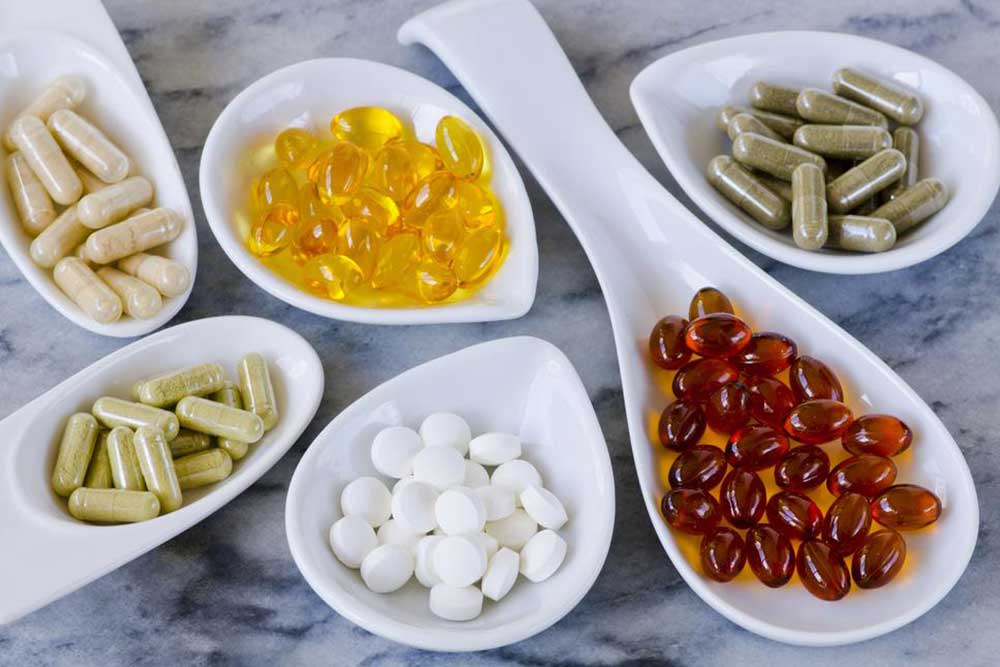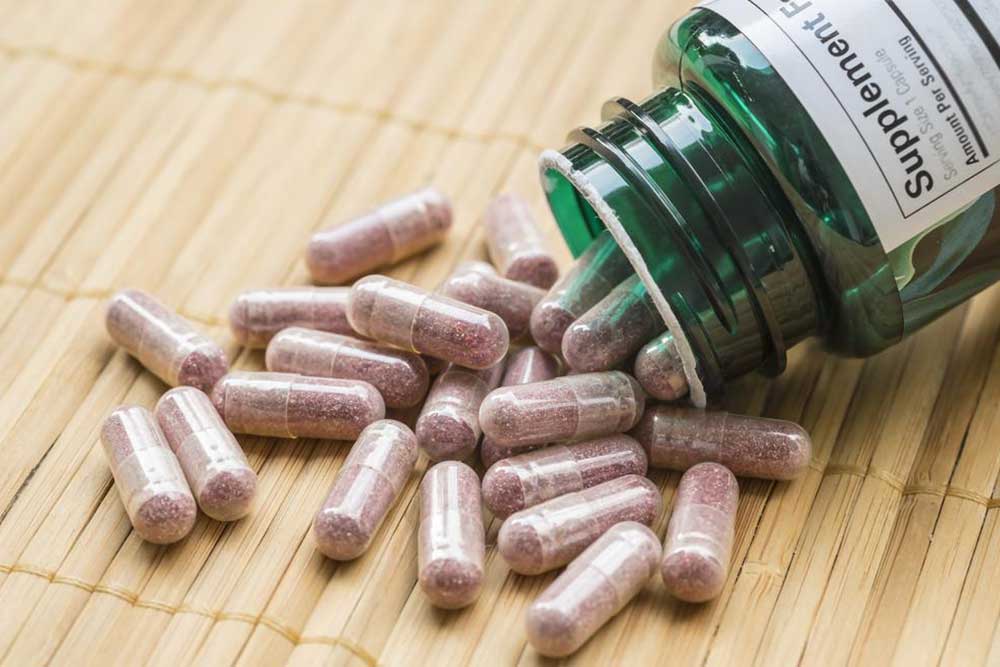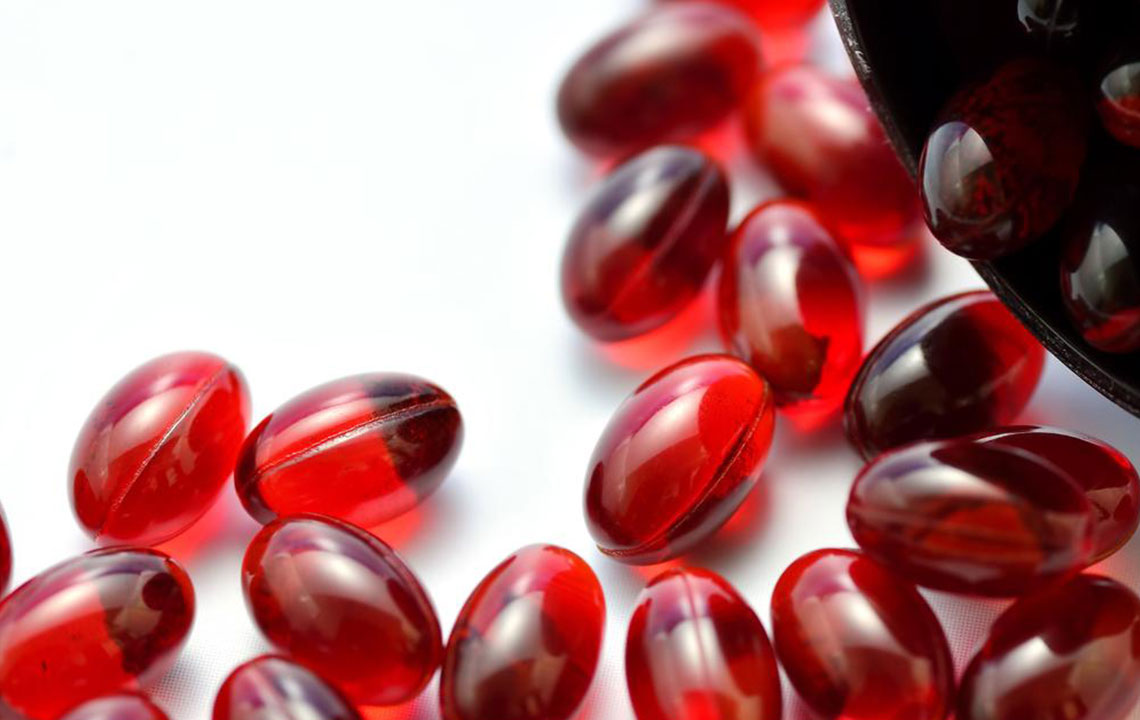The Essential Role of Prebiotic Foods for Optimal Health
Explore the importance of prebiotic foods for gut health, immunity, and overall wellness. Discover easy-to-find prebiotic-rich foods like garlic, Jerusalem artichoke, and onions. Incorporate them into your diet for better digestion and disease prevention.
Sponsored

Maintaining a balanced gut is vital for overall wellness, and while probiotics are well-known for promoting healthy digestion, prebiotics are equally crucial. Prebiotics are non-digestible fibers found in certain foods that serve as nourishment for beneficial gut bacteria.
In this article, discover why incorporating prebiotic-rich foods into your diet can enhance immunity, support heart health, and prevent inflammation.
What Are Prebiotics?
Prebiotics are types of dietary fibers that resist digestion in the upper gastrointestinal tract, reaching the colon intact. There, they ferment and fuel the growth of probiotics—the good bacteria essential for a healthy gut.
But how do probiotics thrive within your digestive system?
That’s where prebiotics come in. Think of probiotics as the beneficial bacteria that require prebiotics as their main source of energy. Without prebiotics, probiotics cannot effectively survive or multiply.
Why Prioritize Prebiotics in Your Diet?
Adding prebiotic foods can promote a healthy gut, strengthen the immune response, and reduce the risk of various health issues. The key benefits include:
Lower risk of cardiovascular problems through improved blood lipid profiles
Enhanced immune defenses, potentially reducing the risk of illnesses like cancer
Better cholesterol regulation for overall heart health
Increased feelings of fullness, helping to control weight and prevent obesity
Reduced gut inflammation and relief from associated discomfort
Prebiotic-rich foods are naturally available in many diets. Since prebiotics are a form of non-digestible fiber, foods high in fiber typically contain prebiotics as well. Consuming ample prebiotics helps keep your digestive system healthy and balanced.
Top Prebiotic Foods to Incorporate
Raw Garlic – Known for its antibacterial and anti-inflammatory properties, raw garlic can boost gut health by eliminating harmful bacteria. Adding crushed garlic to salads, hummus, or guacamole is an easy way to enjoy its benefits.
Jerusalem Artichoke – Also called sunchoke, this root resembles ginger and is rich in inulin, a prebiotic fiber. It can be eaten raw or cooked, offering versatility in meals.
Raw Dandelion Greens – These greens are packed with antioxidants, Vitamin C, K, and inulin. They promote bowel regularity and inhibit harmful bacteria. Blanching reduces bitterness if desired.
Raw Asparagus – Containing about 5% fiber by weight, raw asparagus supports digestion, provides B vitamins and folate, and helps reduce bloating. Add it fresh to salads or smoothies.
Onions – Both cooked and raw, onions are rich in sulfur compounds, Vitamin C, and antioxidants, making them a great prebiotic source.
Other prebiotic foods include bananas, whole grains, honey, and raw leeks. Adults should aim for approximately 5 grams of prebiotics daily. If necessary, prebiotic supplements are available—consult your healthcare provider before using them.






